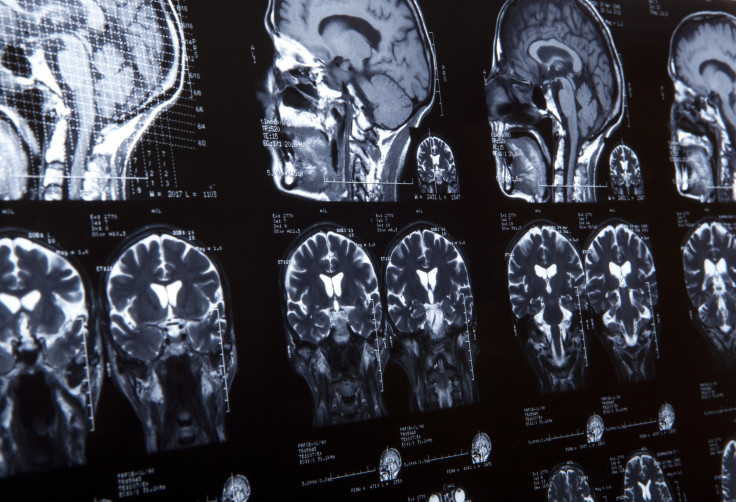Alzheimer's Disease Linked to Concussions In Yet Another Study; Finding Further Fuels Debate Of Relation Between Both

The frightening connection between a concussion and later development of Alzheimer’s disease hasn’t been without controversy. Adding fuel to this debate is a recent study in Neurology, which associated people having previously experienced a concussion with a buildup of a protein plaque in the brain. The latter is known to play a role in bringing on the cognitive disease.
"Interestingly, in people with a history of concussion, a difference in the amount of brain plaques was found only in those with memory and thinking problems, not in those who were cognitively normal," study author Michelle Mielke of the Mayo Clinic in Rochester, Minn., explained in a statement.
Mielke and her team assessed the brain scans of participants who were 70 years or older; 448 people of them didn’t exhibit any memory impairment while another 141 were diagnosed with mild cognitive impairment. Approximately 17 percent of the participants in both groups had experienced some form of concussion or head trauma.
In the group that was cognitively fine, the authors were unable to distinguish the brains scans of those who had once injured their brains from those who never did. But in the other group that had memory and thinking impairments, the ones who had a history of head trauma had levels of brain amyloid plaques that were on average 18 percent higher than their counterparts who never hurt their head. Amyloid plaques are clumps of proteins that can damage nerves and prevent them from communicating properly while setting off cell-damaging inflammatory responses.
"Our results add merit to the idea that concussion and Alzheimer's disease brain pathology may be related," said Mielke. "However, the fact that we did not find a relationship in those without memory and thinking problems suggests that any association between head trauma and amyloid is complex."
Mileke’s study parallels another study that was recently published in Radiology and linked concussions to damage in the brain’s internal tissue, known as white matter. Intriguingly, the study suggested that the way the white matter was damaged in these patients reflected early stages of Alzheimer’s disease.
"The previous thinking before was you get a concussion, and that causes a certain damage from bopping your head, and you get these symptoms," study author, Saeed Fakhran of the University of Pittsburgh School of Medicine, told HealthDay. "We found it acts as a kind of trigger and lights a fuse that causes a neurodegenerative cascade that causes all these symptoms down the line. Once you've hit your head, the injury isn't done."
Yet experts from both the Alzheimer’s disease and concussion camps think that it is too soon to reliably connect the damage from a concussion to the development of Alzheimer’s disease.
"I don't want a mom to pick this up and say, 'Oh my god, my 10-year-old is going to get Alzheimer's now,' because that is not the case," Ken Podell, a neuropsychologist and co-director of the Methodist Concussion Center in Houston, told HealthDay regarding the latter study. "It's very inconclusive at this time, and there's no clinical application of this at this point of time."
Source: Mielke M, Savica R, Wiste HJ et al. Head trauma and in vivo measures of amyloid and neurodegeneration in a population-based study. [published online ahead of print December 26, 2013]. Neurolgy.
Published by Medicaldaily.com



























